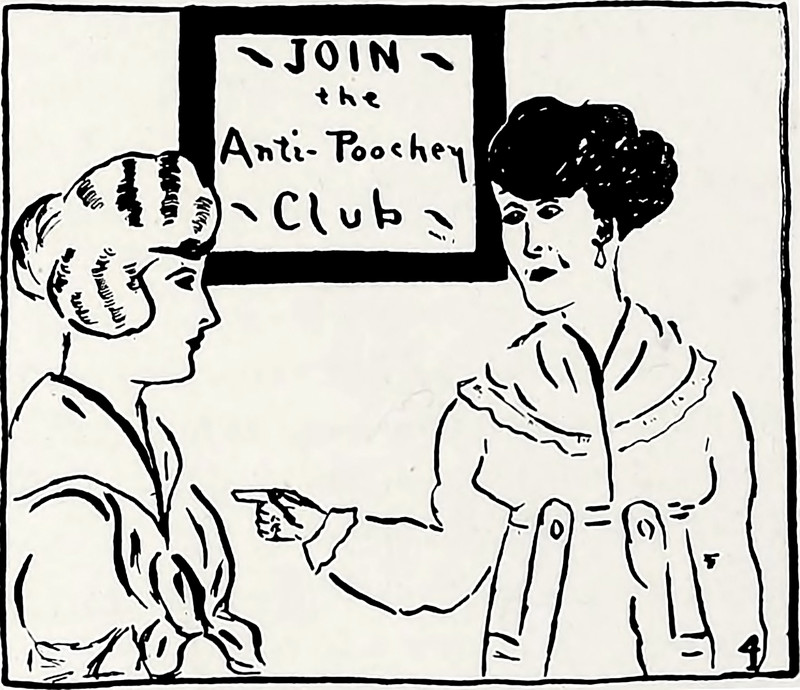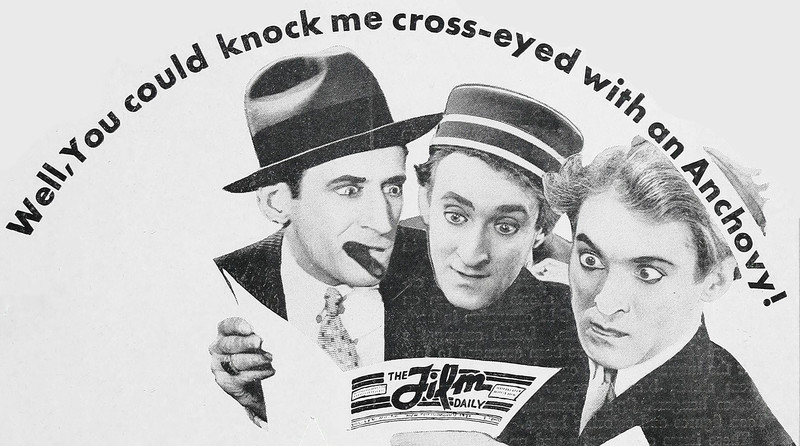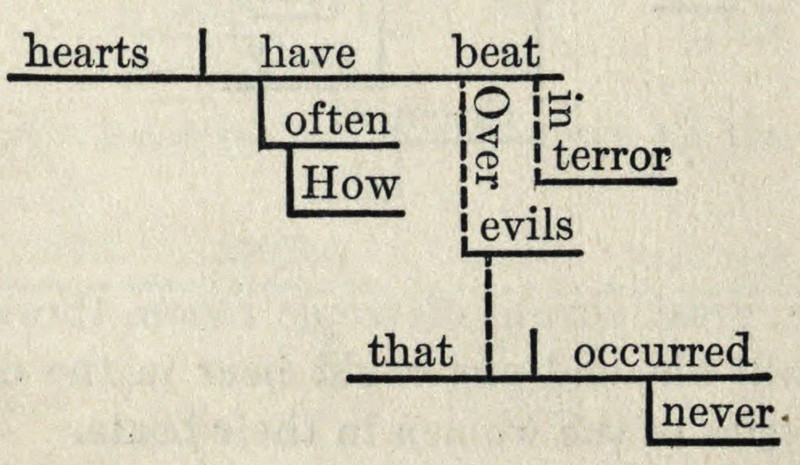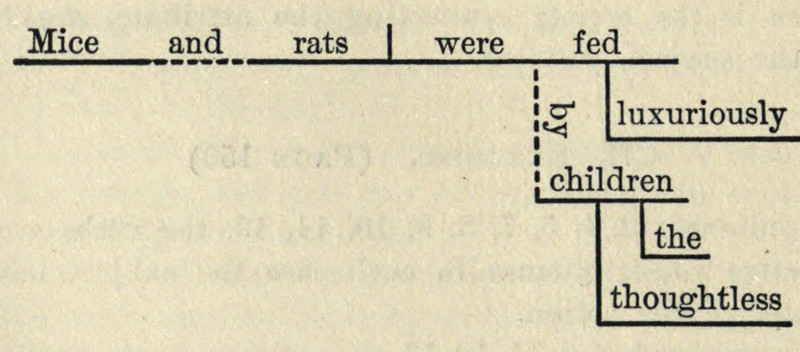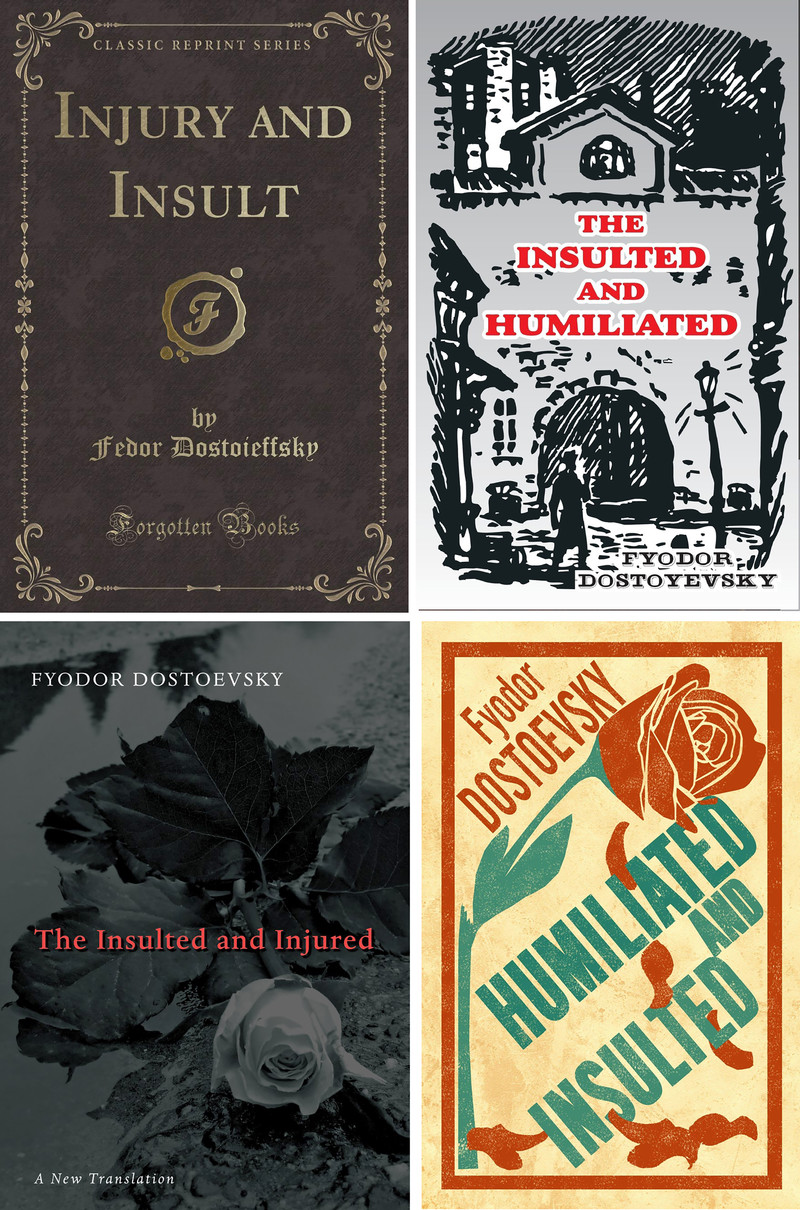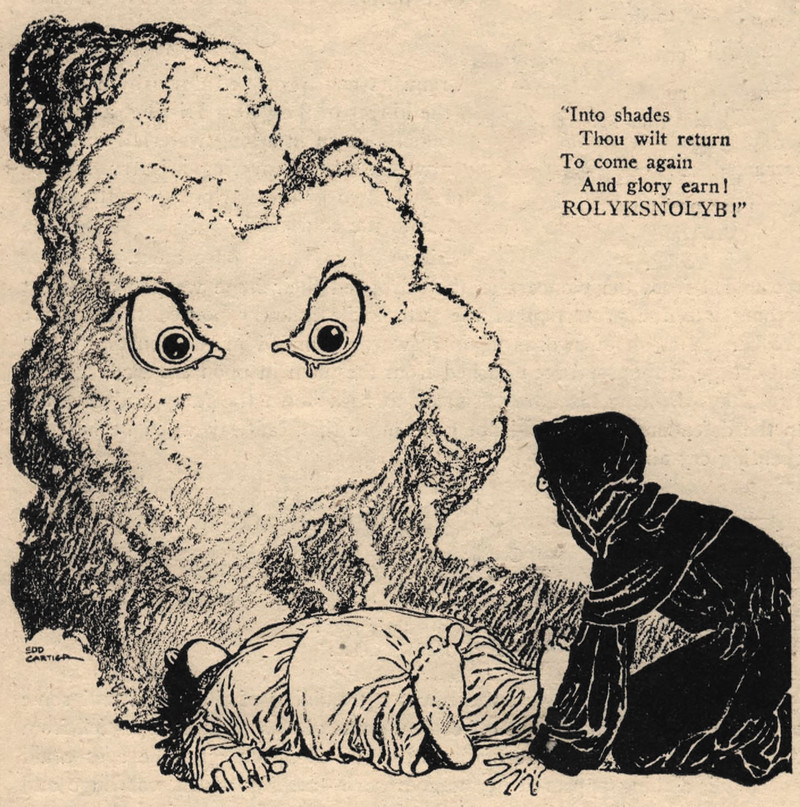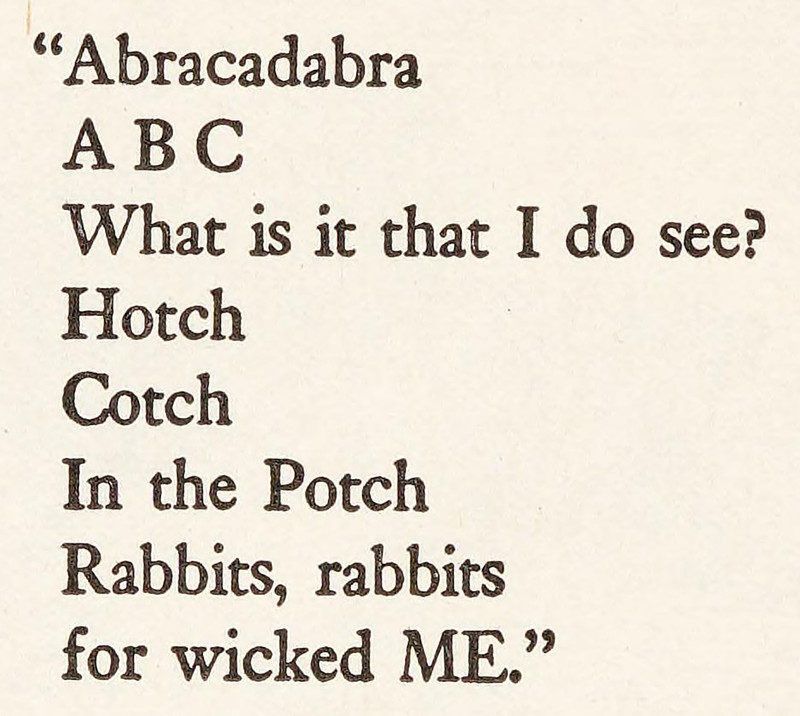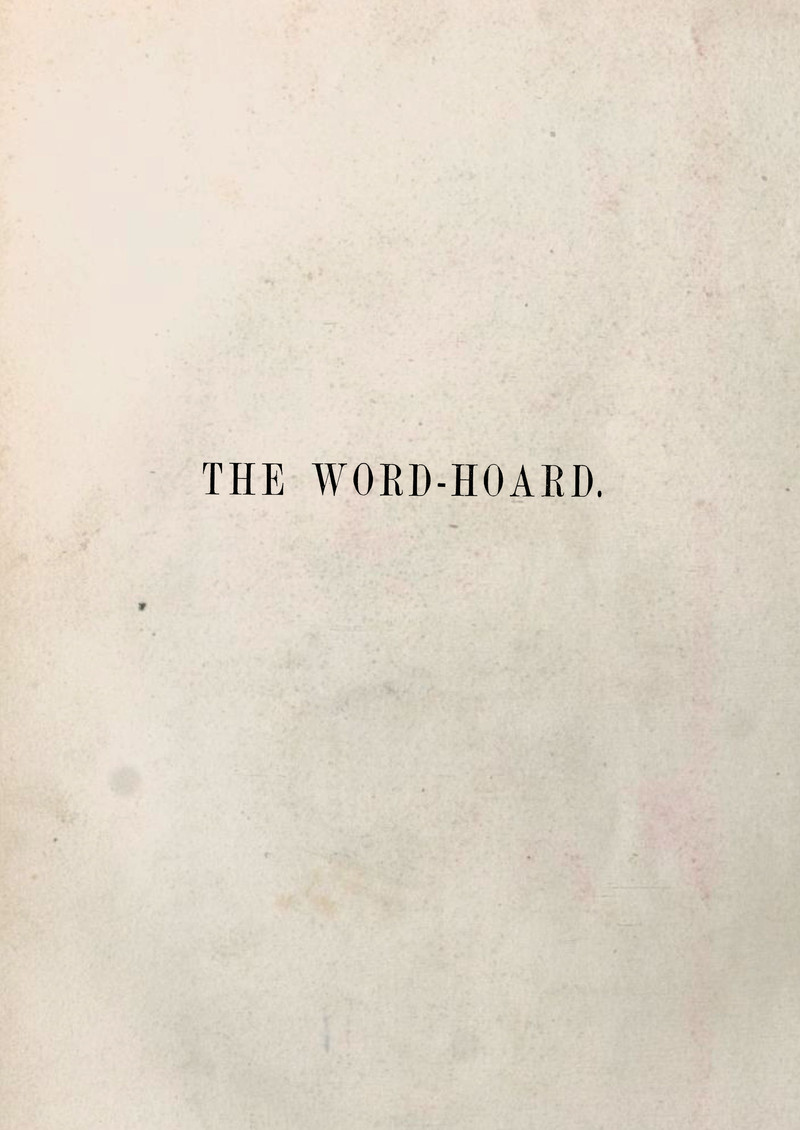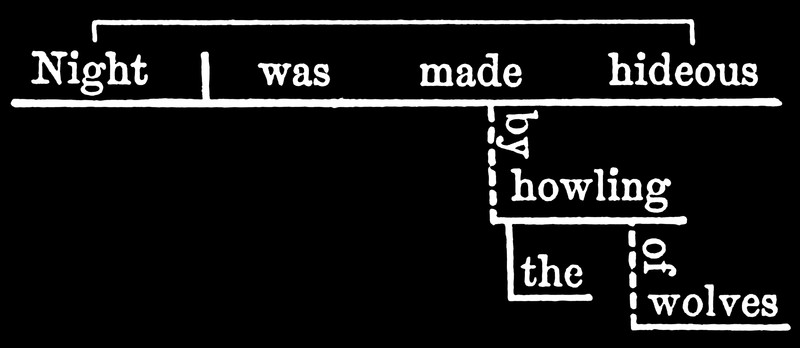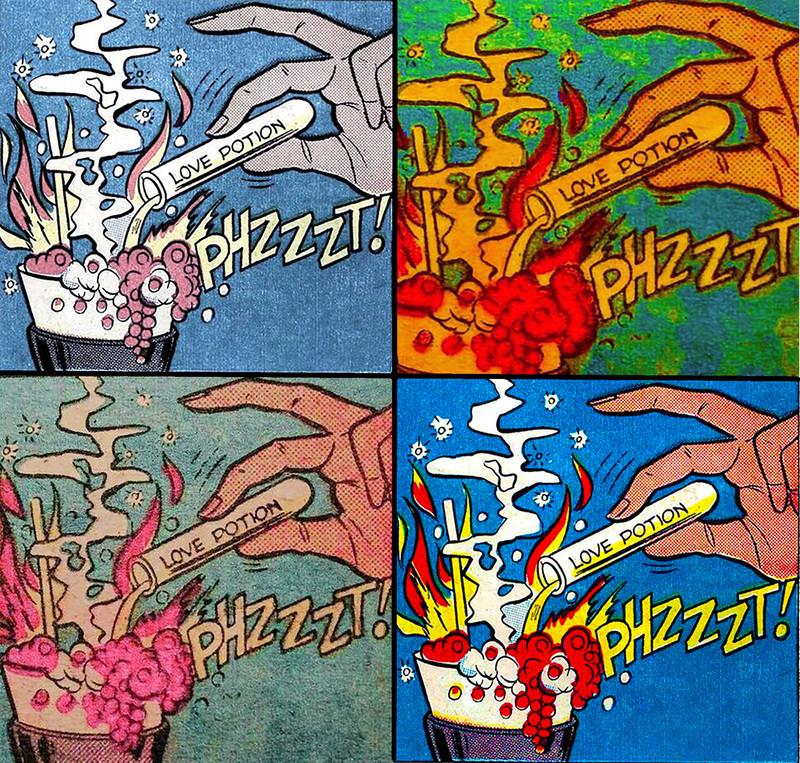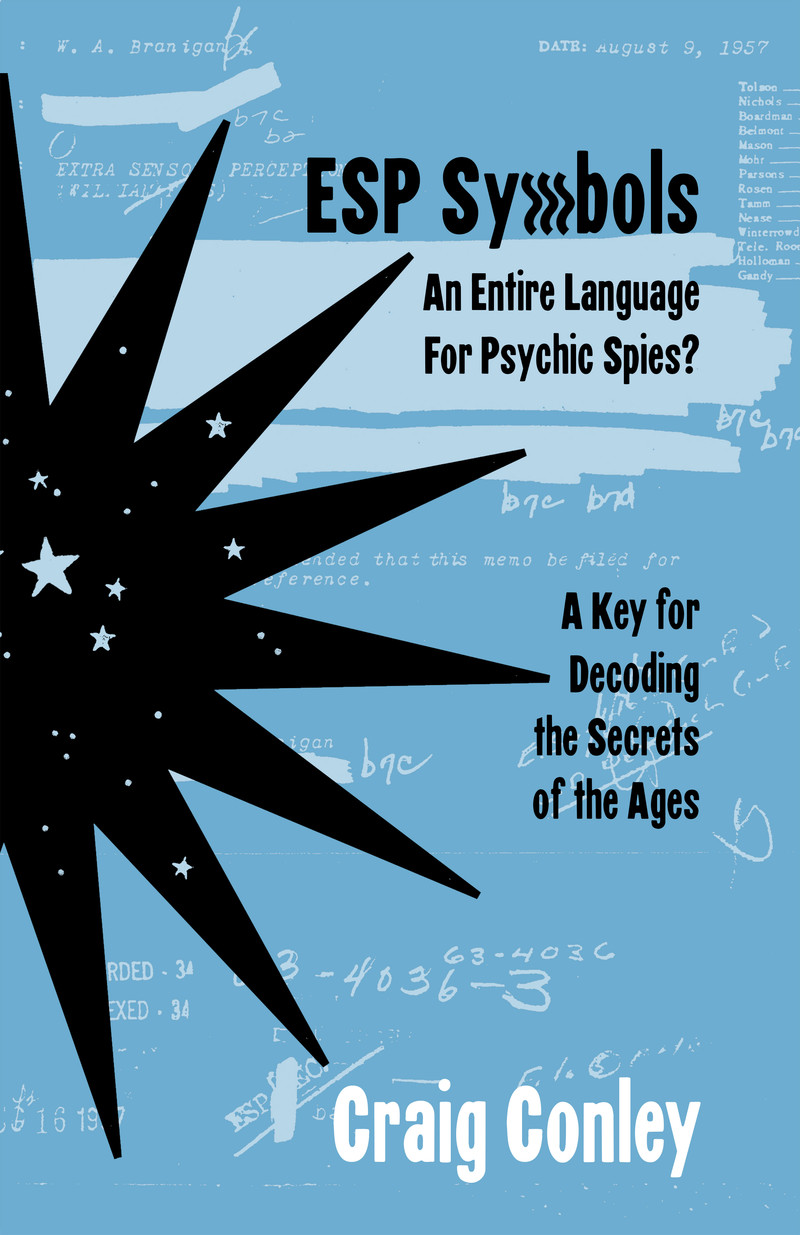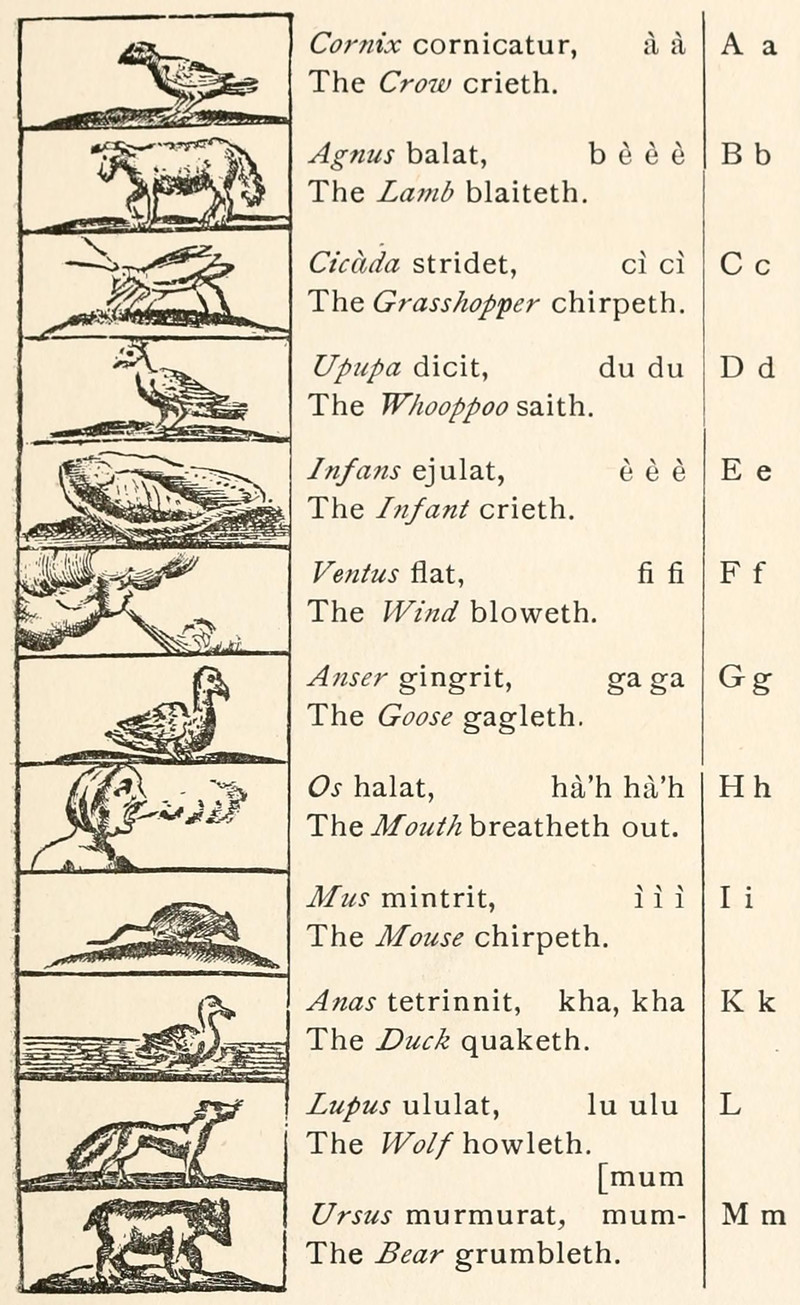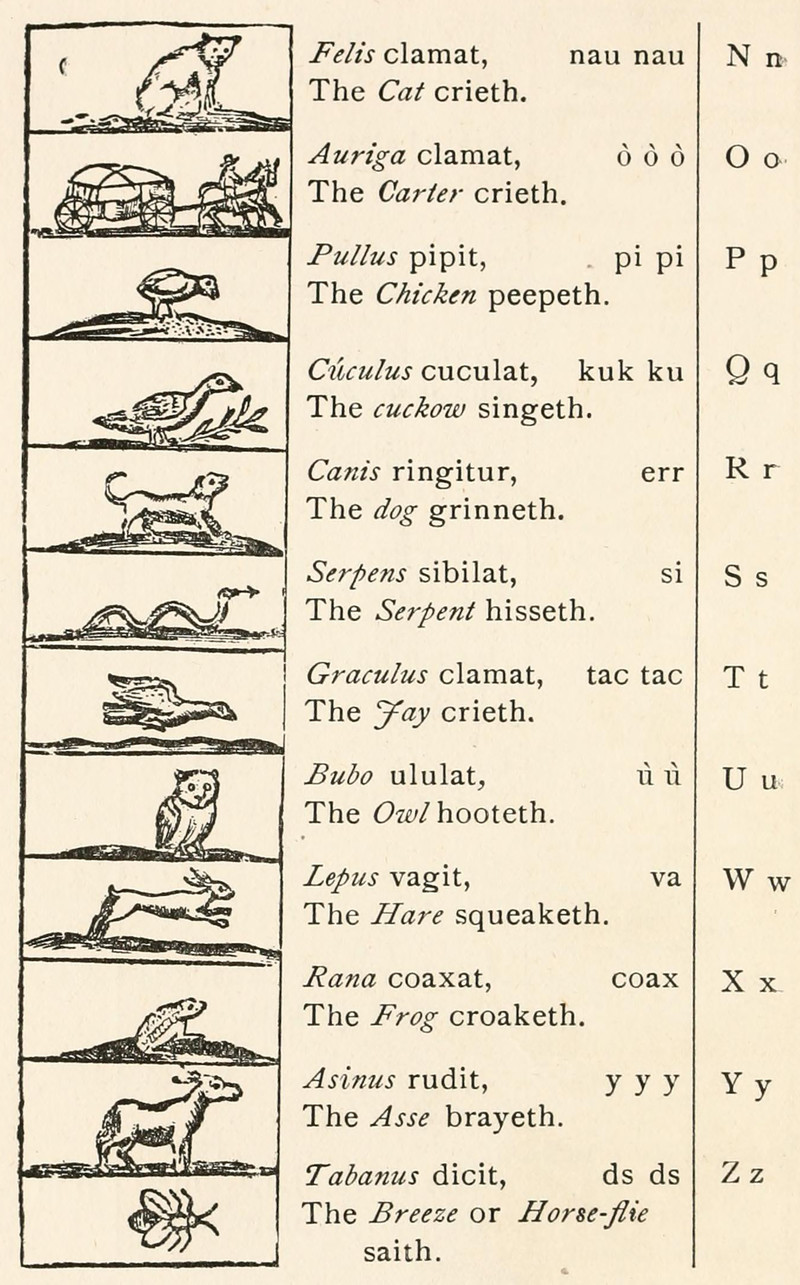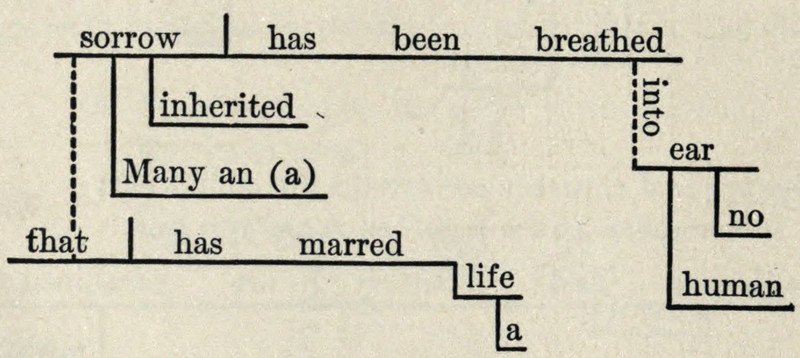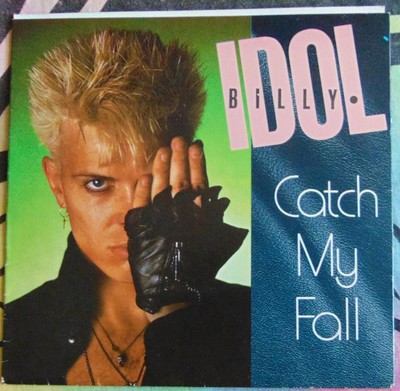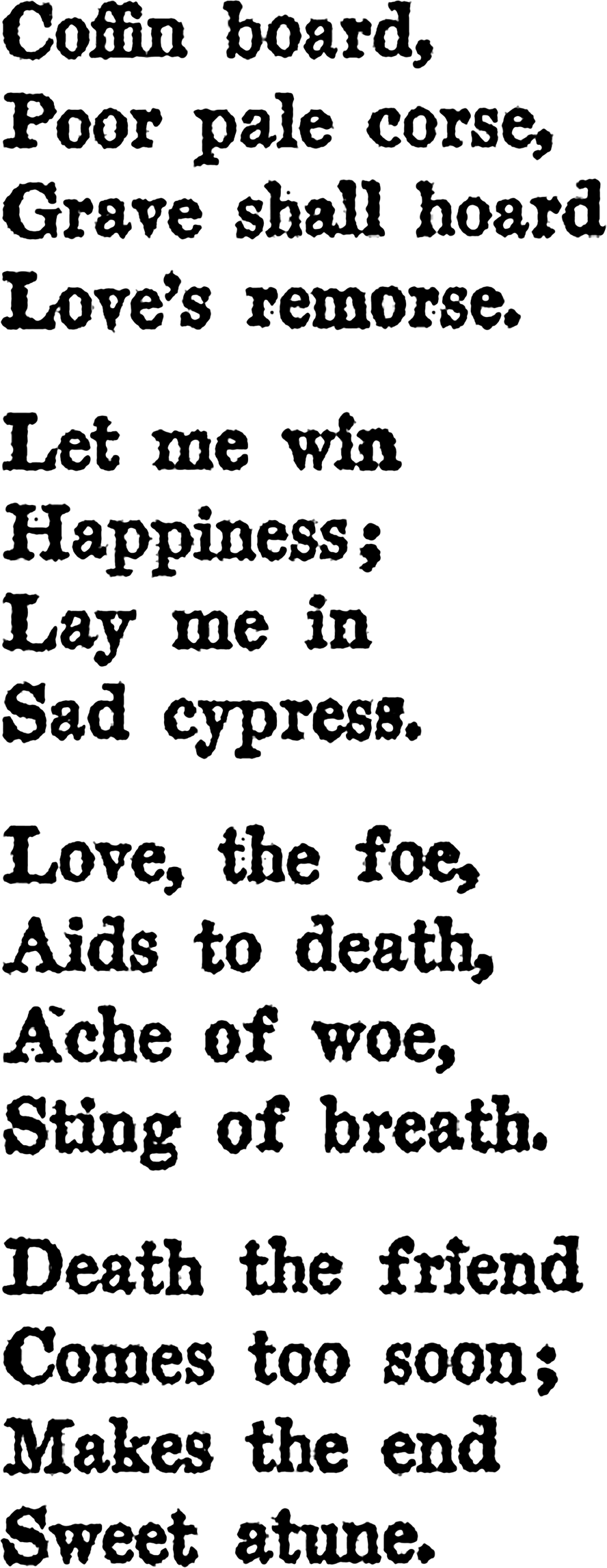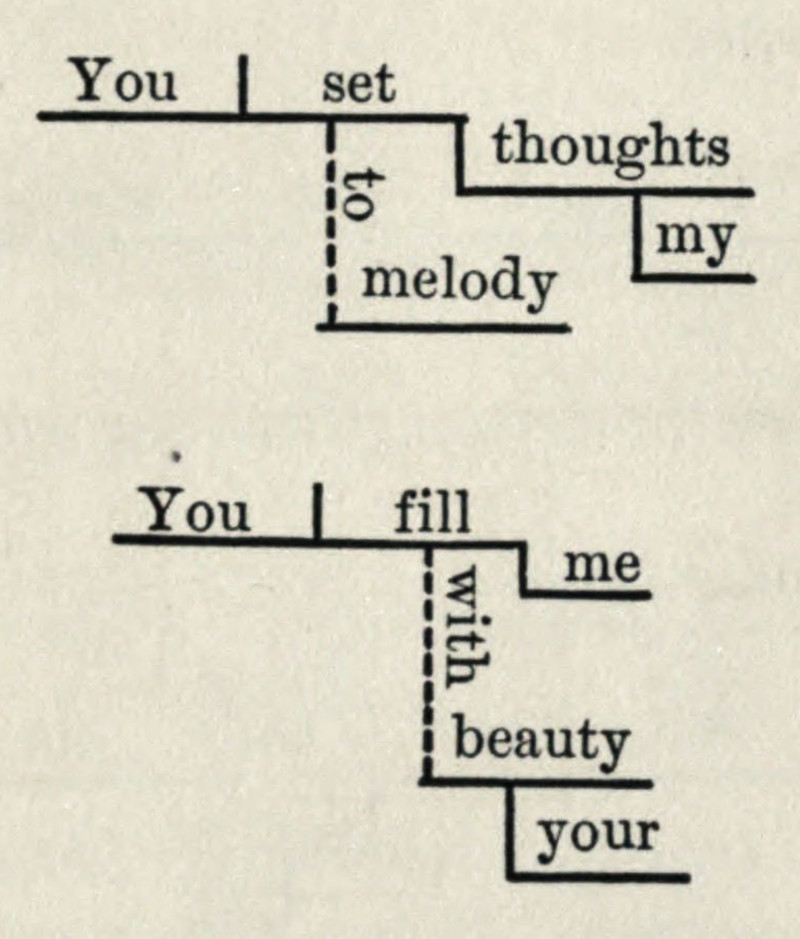There's one weird trick that
Billy Idol uses to give his songs longevity (and possibly immortality). Do you see it in the first lines of "
Eyes Without a Face"?
I'm all out of hope
One more bad break
could bring a fall
When I'm far from home
Don't call me on the phone
To tell me you're alone
The key word that might have jumped out at you is "fall." The listener's ear expects a rhyme with "hope," but Idol resists forcing a rhyme and instead tells the truth. In other words, he opens his song by revealing his honesty in no uncertain terms. He demonstrates that he isn't merely crafting a catchy jingle (those are flashes in the pan; "Eyes Without a Face" has been broadcast and covered by other artists for well-over three decades). He sings the word he means, not just any word that happens to make the lines rhyme. He seems to sacrifice poetry, but he accomplishes something more deeply poetic and, crucially, he communicates something that feels profoundly real. He exposes himself (pun intended, if you'll recall some of his scandalously skimpy outfits) as the very opposite of a snake charmer: he isn't there to beguile his listener with hypnotic phrases; rather, he treats his listener as a confidant and expresses his vulnerabilities in a spirit of complete trust. Obviously, this level of respect for the listener and this sort of candor transform the song into an ageless classic. Note that Idol's following lines all rhyme (home / phone / alone), which is his deliberate way of drawing attention to the exceptional word.
Idol's next lines offer three "near rhymes," adding sonic richness:
It's easy to deceive
It's easy to tease
But hard to get release
As Idol sings in his masterpiece "Catch My Fall," "I've trusted and then broken my own word." He trusts his listeners and then breaks his own rhymes. That song, too, begins with Idol's one weird trick for perenniality:
I have the time
so I will sing
I'm just a boy
but I will win
The words "sing" and "win" are not even "near rhymes." Like Idol's signature raised fist, this is his upstandingness, saying what he means and not what's tidy.
This winning technique is easily perceived in Idol's famous "White Wedding," too:
Hey little sister, what have you done?
Hey little sister, who's the only one?
Hey little sister, who's your superman?
Hey little sister, who's the one you want?
Hey little sister, shotgun!
Idol's "done / won" setup leads the listener to expect a rhyme to follow "superman." Instead, Idol sings the word "want." This makes "superman" the standout word of the stanza, since all the other line endings cleanly rhyme or near-rhyme (done / one / want / gun).



